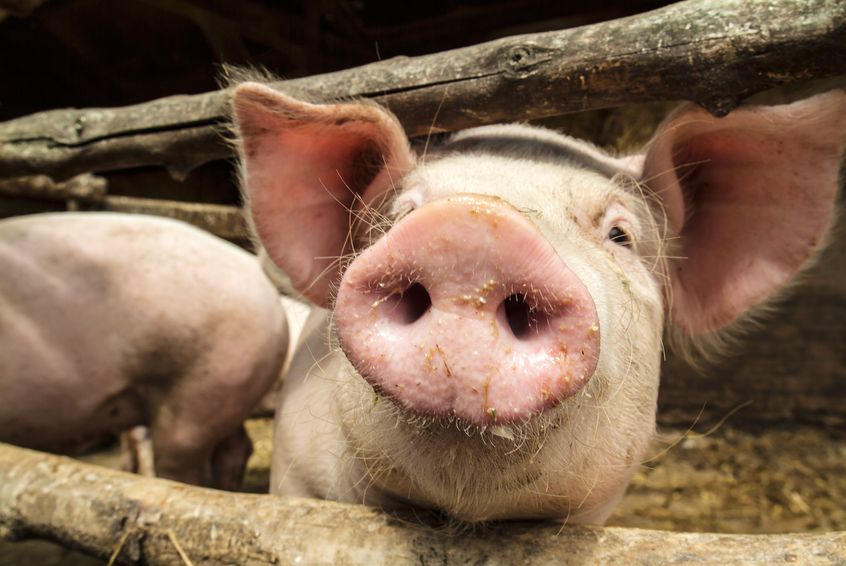
Germany's agricultural ministry has confirmed the country's first cases of African swine fever (ASF) in domestic pigs.
Previous cases have only been found in wild boars, in the east of Germany bordering Poland, where the disease is prevalent.
But the federal agricultural ministry announced on Thursday evening (15 July) that the disease had been discovered in domestic pigs for the first time.
Two farms are affected in the state of Brandenburg, in the east of the country - one organic farm and one smallholding.
All the pigs affected will be culled and restriction zones are being set up, where movement of live pigs and pig products will be banned.
Germany’s National Reference Laboratory for ASF, the Friedrich-Loeffler-Institute (FLI), confirmed the discovery of the disease.
Both cases are existing ASF zones, although the cause of the two cases is ‘unclear’, the FLI explained.
FLI president Dr Thomas Mettenleiter said: “Unfortunately, these cases do not come as a complete surprise.
"An entry in German domestic pig populations had to be expected at the latest since the detection of the infection in wild boars in Germany in September 2020.”
ASF has spread widely across Asia – including China and Vietnam – and parts of Central and Eastern Europe. It has also been reported in Sub Saharan Africa.
The disease has resulted in the loss of hundreds of thousands of pigs and wild boar in Europe, and millions in Asia.
